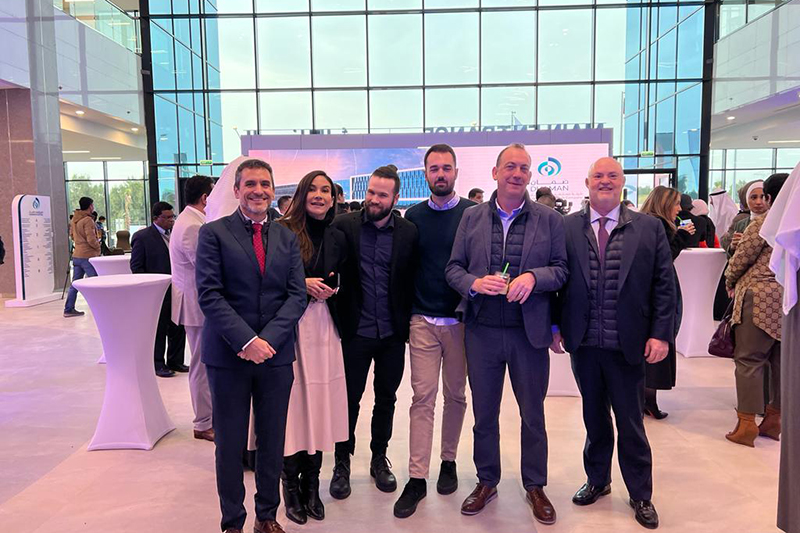The genetics of internationalisation
While I was travelling to Kuwait last week, I was thinking about how, thanks to the public-private collaboration model that we started with our first hospital in 1999, we at the Ribera Healthcare Group have had the opportunity to meet very interesting and different people from almost every corner of the world. On some occasions … Leer más

